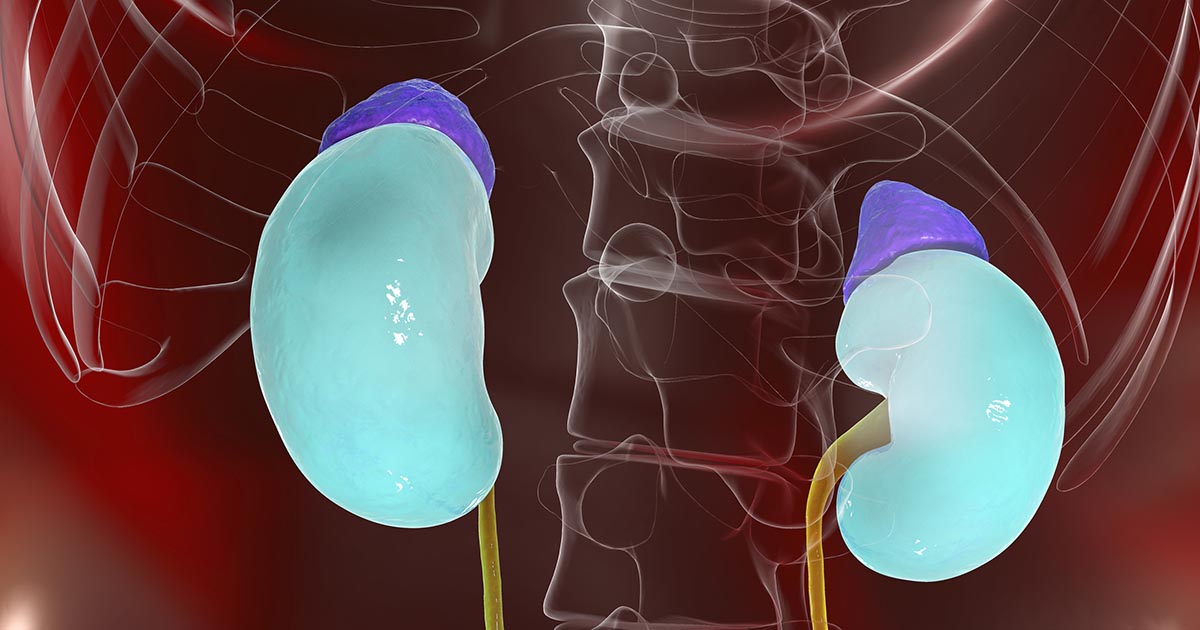Major Triggers of Hypertension Disorder
Adrenal Gland Tumors

Secondary hypertension can be caused by an adrenal gland tumor that influences the hormone levels in an affected individual's body. A tumor that develops in one or both of the adrenal glands can cause healthy adrenal cells to produce an excessive quantity of aldosterone or the hormone that influences the levels of sodium in an individual's body. High aldosterone causes the patient's kidneys to hold on to water and salt while simultaneously excreting too much of an essential electrolyte called potassium. This malfunction disrupts the individual's healthy fluid balance and raises their blood pressure. A different type of tumor that may also occur in one or both of an individual's adrenal glands is called a pheochromocytoma. This type of adrenal gland tumor can increase a patient's production of noradrenaline and adrenaline. Adrenaline and noradrenaline are the hormones associated with an individual's fight or flight response. Both adrenaline and noradrenaline are hormones that cause short term blood pressure spikes in the affected individual that can lead to long term hypertension.
Read more about what triggers hypertension now.